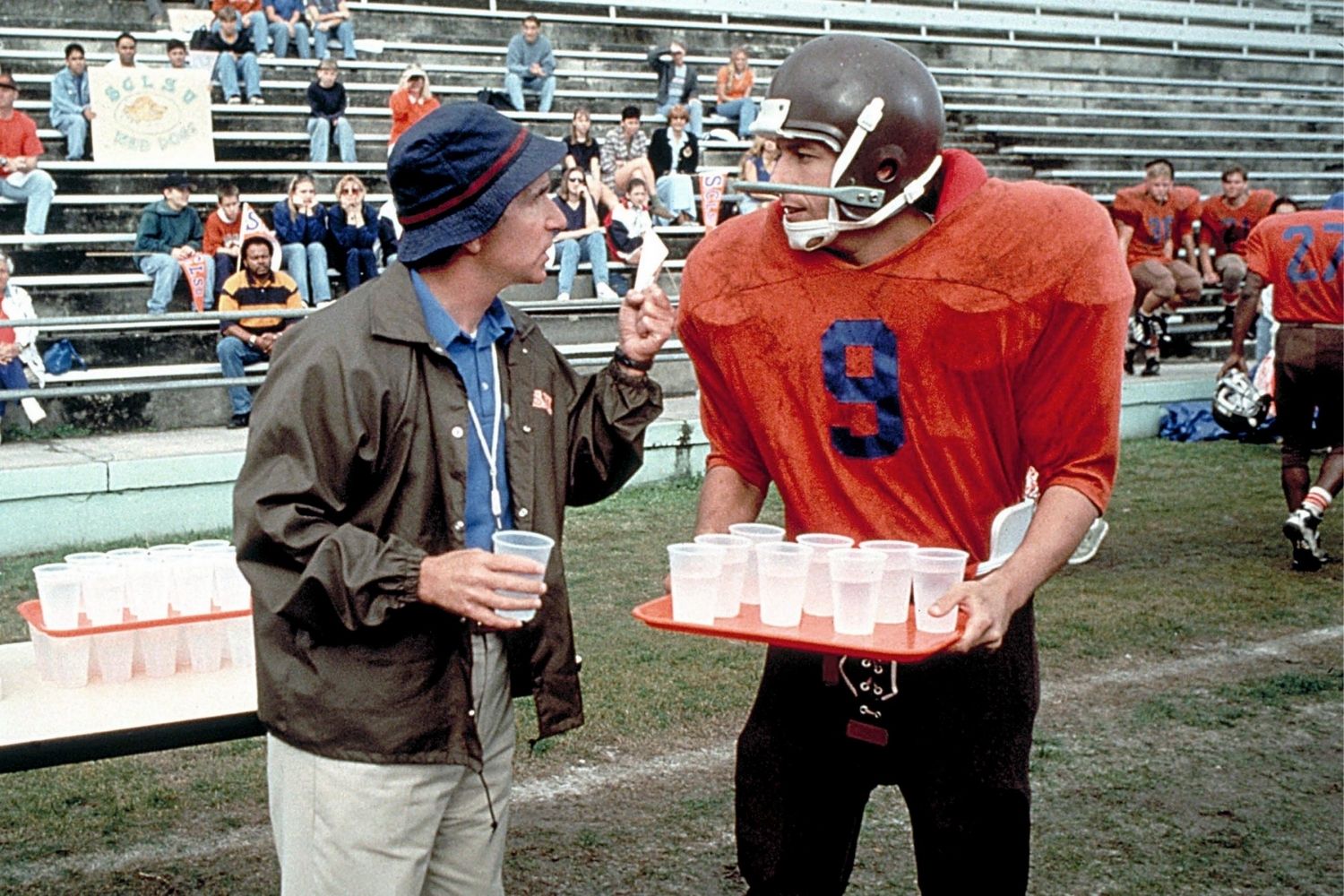It’s 2021 and you don’t need us to remind you that you need to be drinking water. We’re practically primed from preschool to be guzzling H2O, but admittedly some people find it more challenging than others. While there are those who seem to take a swig from their Yeti bottle with practically every breath, carrying around a cumbersome 2L bottle just to rub their hydrating prowess in the faces of all those who aren’t hydrating properly, others have what can only be described as the drinking style of a camel. If you consider yourself part of the latter group, it’s time to start doubling down on your water intake. As it turns out, it’s not just important for hydration, it can also prevent heart failure.
According to a large long-term study from the European Society of Cardiology, drinking too little water on a daily basis triggers changes in your body that raise your risk of heart failure. It’s recommended that we need three litres of water per day. Fall short of this frequently, and it can begin to add up for your heart health. When you don’t take in enough water over the long term, the concentration of sodium in your body gets too high, which then activates physiological processes that can lead to heart failure.
According to study author Dr Natalia Dmitrieva of the National Heart, Lung, and Blood Institute, “Our study suggests that maintaining good hydration can prevent or at least slow down the changes within the heart that lead to heart failure.” She adds, “The findings indicate that we need to pay attention to the amount of fluid we consume every day and take action if we find that we drink too little.”
For the study, 15,792 adults between the ages of 44 and 66 were examined and evaluated during five visits over a 25-year period. At the evaluations, researchers analysed hydration status measured by serum sodium – when people drink less fluid, the concentration of serum sodium increases – and whether a high concentration predicts the development of heart failure. Researchers also wanted to examine whether there was a correlation between hydration levels and the thickening of the heart’s main pumping chamber (known as left ventricular hypertrophy) which, if existent, would serve as a precursor to heart failure. To do so, participants were divided into four groups based on their average serum sodium concentration during the first two visits, and by the final visit, researchers assessed the proportion of people who developed heart failure and left ventricular hypertrophy.
The study revealed that the higher a person’s serum sodium concentration in midlife, the more likely they were to develop heart failure or left ventricular hypertrophy in their golden years. The key takeaway though, you need to be drinking water consistently. Suddenly downing gallons in a day to make up for lack of water in days prior isn’t going to do your body any good.
“It is natural to think that hydration and serum sodium should change day to day depending on how much we drink on each day,” says Dr Dmitrieva. “However, serum sodium concentration remains within a narrow range over long periods, which is likely related to habitual fluid consumption.”
So, it’s time we start hitting that 3L benchmark for water. Or, you can be like The Rock, who says he consumes a staggering 18 litres each day. But hey, you’ve got to start somewhere.














